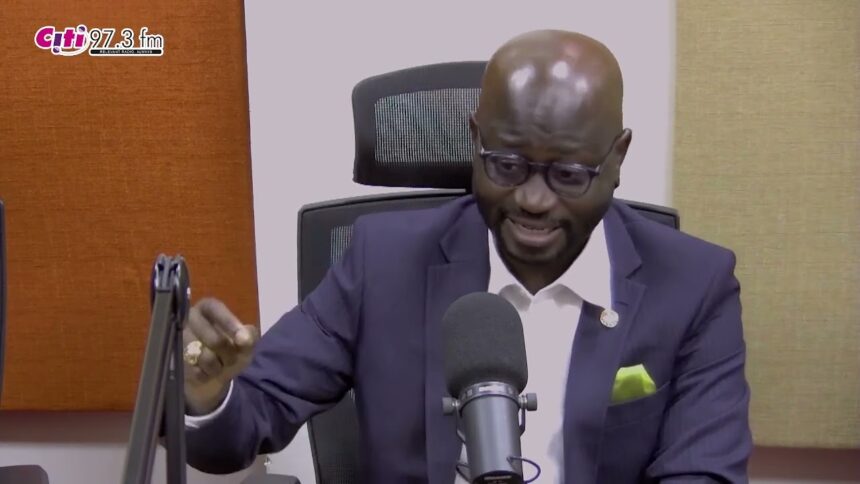Under the Vienna Convention on Diplomatic Relations (1961), every mission operates under a clear hierarchy:
• Head of Mission – the Ambassador or High Commissioner appointed by the President.
• Head of Chancery – a career civil servant who manages administration, finance, and staff under the authority of the Ministry of Foreign Affairs.
• Supporting diplomatic and technical staff as accredited by the host country.
Ghana’s own Civil Service Act, 1993 (PNDCL 327) and Foreign Service Regulations reaffirm this:
The Head of Chancery is a professional, non-political post, appointed internally by the Ministry, not by the President, and certainly not by party loyalty.
Yet the John Mahama–led NDC government, after lamenting that Ghana spends over $15 million annually on foreign mission rents, has turned around to appoint 18 new Deputy Heads of Mission, all political, all allegedly ranked Director A1, each earning about $7,000 per month, plus accommodation, vehicle, driver, and family relocation.
Here’s the contradiction:
These new deputies cannot lawfully act as Heads of Chancery.
The professional chancery officers already exist, and must remain in post.
So now, every mission has two top-tier managers for one role:
a political deputy and a career Head of Chancery, both housed, paid, and resourced by the State.
The Real Cost to Ghana
• Monthly Salary (per Deputy): ≈ $7,000
• Annual Full Cost (Salary + Allowances + Benefits): ≈ $150,000 – $170,000
• 18 Deputies Combined: ≈ $2.7 – $3 Million Every Year
• Over a 4-Year Posting: ≈ $12 Million+ in Total Expenditure
That’s $12 million in new recurring cost, created by a government that says it cannot afford $15 million in rent.
This isn’t reform.
Its replication, a diplomatic payroll expansion plan disguised as foreign-service strengthening.
And in economic terms, it’s nothing short of financial loss to the State, waste, wrapped in protocol.
When a nation begins to duplicate structures for political comfort, even the Vienna Convention cannot protect it from its own excesses.




